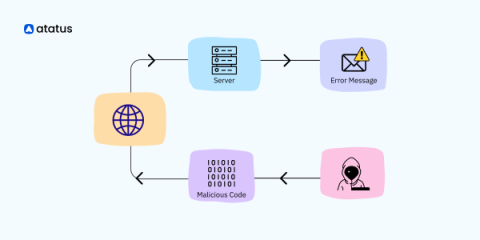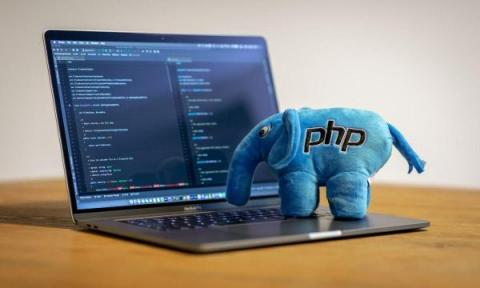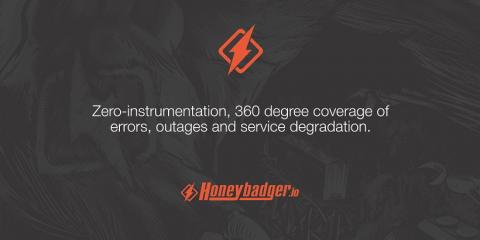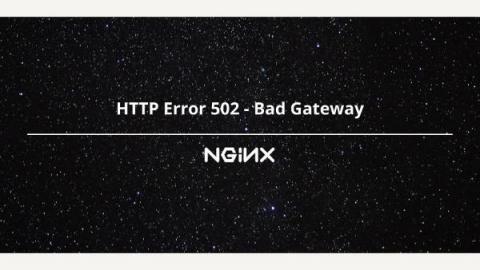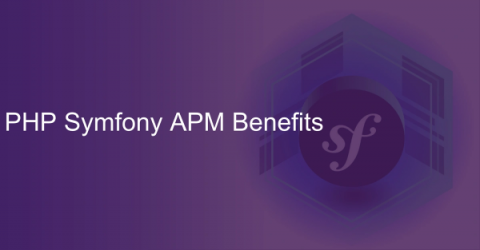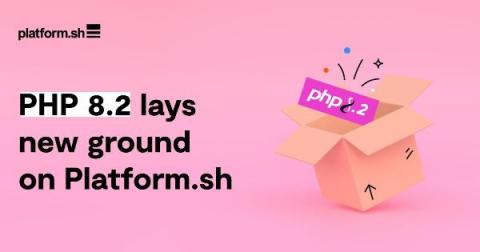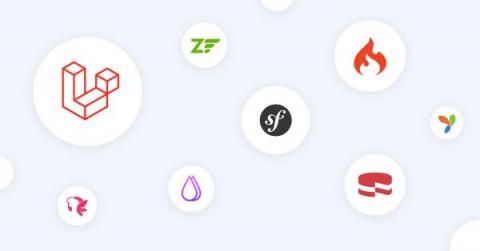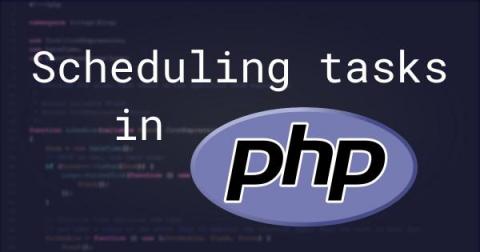Getting started with asynchronous PHP using ReactPHP
PHP is fast but it's performance can suffer when it's overwhelmed by I/O operations such as making a request to an external API or handling file uploads. In this article, you'll learn how to create asynchronous PHP applications using ReactPHP to solve this problem.




